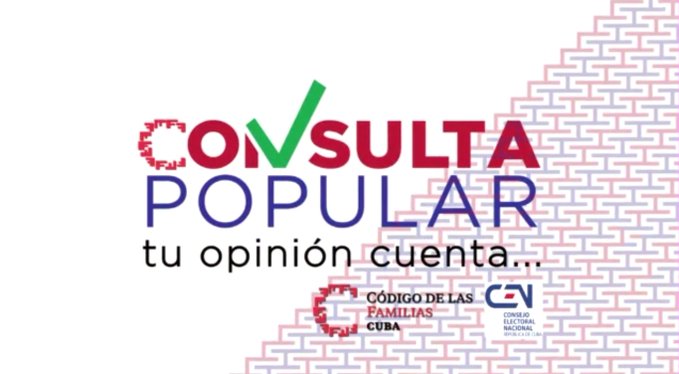Prior to this moment, and after its approval by the National Assembly of People’s Power (ANPP), there was a dynamic test involving all of Cuba’s 12,513 constituencies.
Havana residents referred to the document as a vanguard law that protects everybody’s rights and a progressive text that stands as a legal victory for Cuba by recognizing the diversity of Cuban families.
A nationwide democratic debate
Residents of other provinces have also stated their views on the 24th version of the draft Family Code, which they describe as a collection of people’s rights and duties in the Cuban socio-family context, based on paradigms of non-discrimination and ranking affection atop the family values.
Among the main focal points of debate have been the assignment and organization of the roles of guardianship and care of children, the promotion of shared parenting, the recognition of domestic caregivers and de facto unions that form a common life project as another way of living as a couple.
Many voters have praised the provision setting forth 18 as the legal age of marriage and others for the benefit of vulnerable families, stressing the fact that the document is consistent with the Constitution of the Republic, condemns discrimination, favors equality and protects the right to human dignity.
Terms such as justice, equality and inclusion have abounded among the audiences gathered in more than 78,000 meeting points designed for the popular consultation, which is supported by more than 15,000 jurists, including 1,606 Law students.
The process to gather suggestions to be submitted to the National Assembly of People’s Power for processing and approval is expected to last until May, with two information breaks before that date.
 Escambray ENGLISH EDITION
Escambray ENGLISH EDITION





Escambray reserves the right to publish comments.